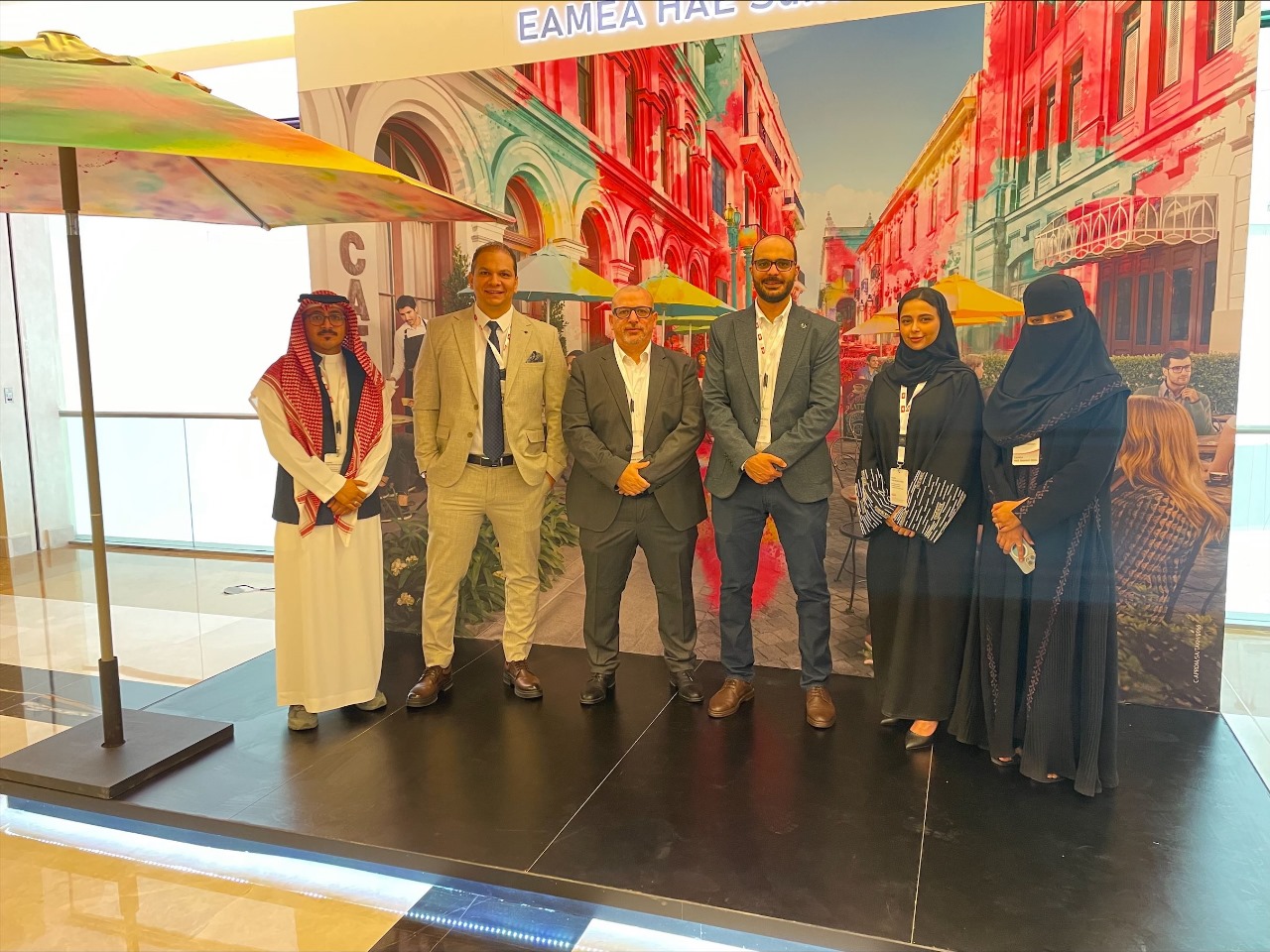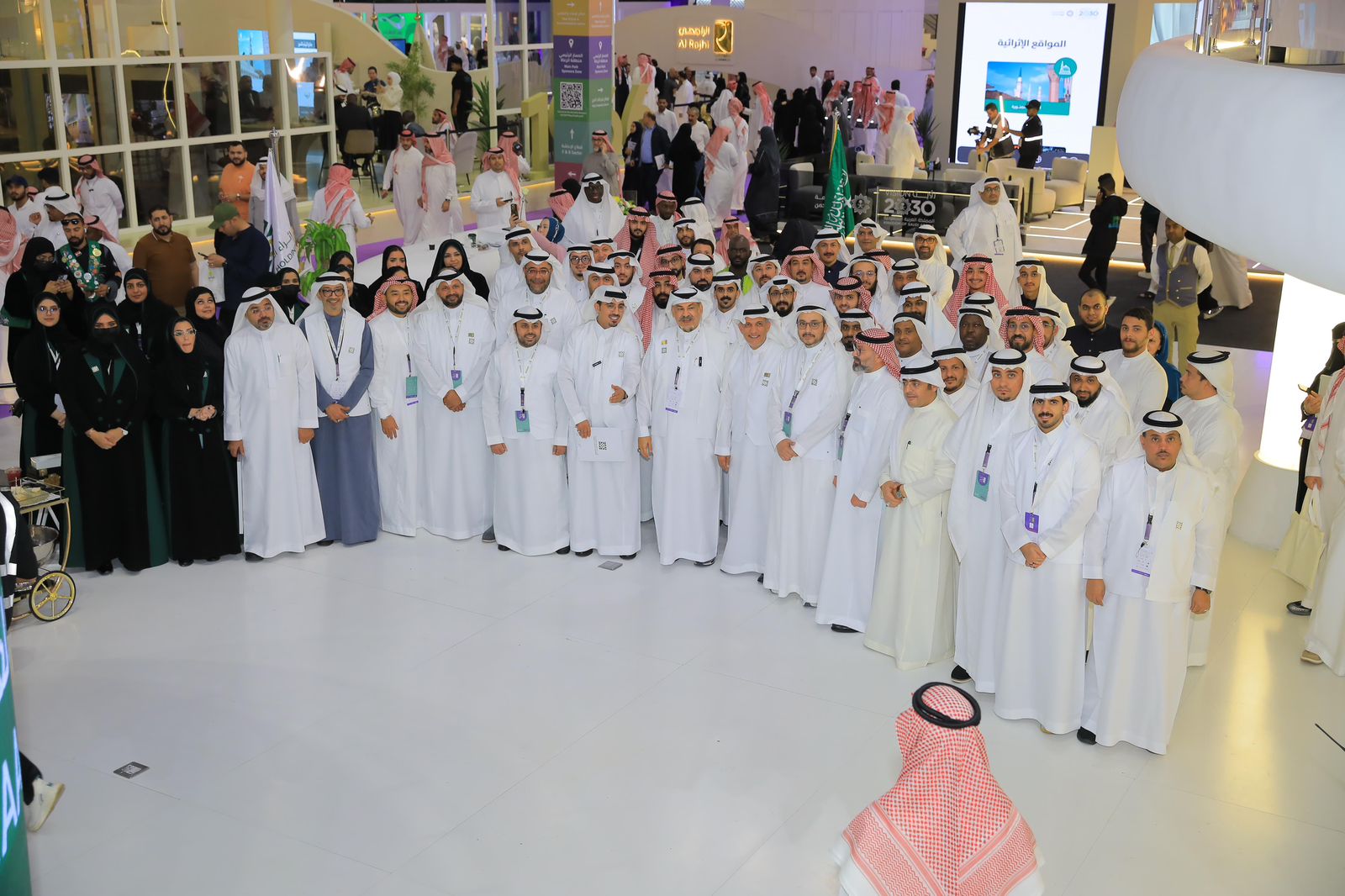
: Global biopharmaceutical company Takeda recently hosted an event “Innovation and Hope: Connecting Minds to Transform HAE Patient Care” in Riyadh, Saudi Arabia. This pivotal gathering brought together leading healthcare professionals to discuss innovative therapies and collaborative strategies for managing Hereditary Angioedema (HAE) in the Middle East.
Hereditary Angioedema (HAE) is a rare genetic disorder affecting approximately 1 in 50,000 individuals worldwide. It is characterized by recurrent episodes of swelling in various parts of the body, including the face, neck, and throat. Symptoms can be unpredictable and may occur at any age and swelling of the upper airways can be particularly dangerous and may lead to fatal asphyxiation. HAE attacks can last up to 5 days and may spread to another location before resolving, and can be triggered by factors such as stress, injuries, hormonal changes and dental procedures. Symptoms typically worsen over the first 24 hours and subside over the next 48–72 hours. These unpredictable symptoms can lead to severe complications, making timely diagnosis and treatment crucial.
To address the gaps in HAE diagnosis and treatment in the region, this event showcased leading HAE healthcare experts from the region through a series of plenary sessions and panel discussions. These sessions raised awareness of both the clinical and societal dimensions of HAE care. It primarily focused on the nuances of local healthcare systems, diagnosis and treatment protocols, while also presenting the latest real-world case studies, clinical findings, and research to improve the lives of HAE patients.
“HAE has a significant impact on patients’ quality of life, affecting their emotional well-being, education, careers, and family dynamics,” said Dr. Khaled Sary, General Manager, Takeda West Gulf Cluster. “Our event highlighted our commitment to advancing HAE patient care through innovative therapies and comprehensive support systems. By bringing together healthcare professionals, we aimed to raise awareness of HAE and tackle the diagnostic and treatment challenges in the Kingdom. We hope this event fosters a regional consensus that guides future efforts and helps bridge existing gaps in HAE care.”
Commenting on the event, Dr. Rand Arnaout, Consultant and Section Head of Allergy and Immunology at the Department of Medicine, King Faisal Specialist Hospital and Research Centre-Riyadh, said, “Hereditary Angioedema is an inherited, potentially fatal disease often misdiagnosed, which delays appropriate treatment and significantly impacts patients’ quality of life. This event hosted in Riyadh, KSA has been quite valuable in fostering collaboration among healthcare professionals
across the region to address the diagnosis and treatment challenges. By sharing the latest research and treatment options, we are taking critical steps toward improving patient care and ensuring that HAE patients are diagnosed early and receive the timely, effective treatment they deserve.”
Takeda is dedicated to enhancing access to HAE treatments across the Middle East by fostering regional collaborations and implementing tailored patient care approaches. The emphasis will remain on both short-term and long-term strategies to ensure sustainable improvements in HAE management, ultimately benefiting patients and their families in the region.





